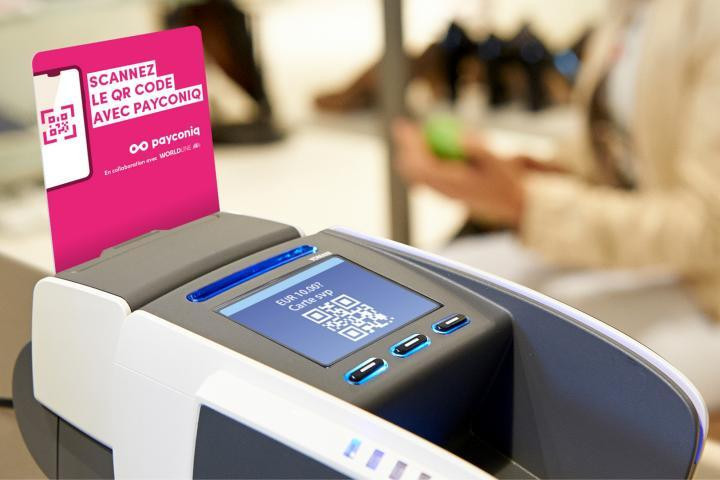Consumers will be able to pay for their purchases in Luxembourg shops using their Payconiq application and the “traditional” payment terminal already available in a large number of stores.
“The Payconiq payment is made easily by scanning the QR code displayed on the terminal screen with one of the applications of Payconiq’s partner banks. For merchants, accepting Payconiq integrates seamlessly into their existing ecosystem and requires no additional infrastructure,” the two companies said in a joint press release.
The retailer will also be able to simply provide a QR code to be scanned to trigger payment with the application in question.
With this partnership, the company formerly known as Digicash is abandoning its small box called “Beacon”, which was specially dedicated to this type of payment.
The Luxembourg fintech is continuing to develop and is looking to gain ground in the area of payments for everyday purchases. Although the solution is currently used by 62% of consumers in Luxembourg, payments in shops only account for 13% of Payconiq’s transactions. The application is mainly used for money transfers between individuals (63% of transactions) and for bill payments (24% of transactions).
By facilitating payment in shops, Payconiq is demonstrating its desire to extend its presence in the many daily transactions of consumers. With 3.7 billion transactions in 2019, electronic payments represent 90% of local purchases in Luxembourg, according to a report co-authored by the Emerging Payments Association EU (EPA EU), published last July.
This story was first published in French on . It has been translated and edited for Delano.
